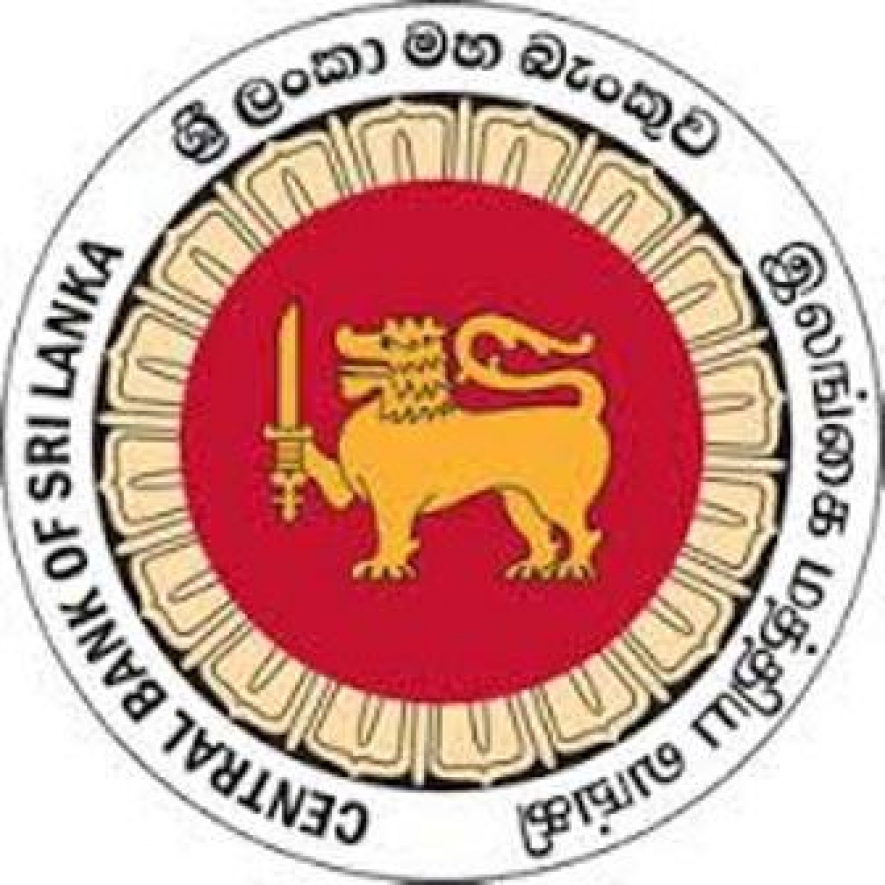The UN Economic and Social Survey of Asia and the Pacific (ESSAP) Report 2016 launched yesterday expected growth in the economies of Asia and the Pacific to plateau at 5% in 2016 and 2017. The government however expected an economic growth of 6 percent in 2016 and to decrease its budget deficit to 3.5% of GDP by 2020.
To keep to their target, Central Bank, Director of Economic Research, K.M.M. Siriwardena speaking at the launch of the ESSAP at BMICH said: “the government will not only implement increase of VAT to 15% but we also propose to increase direct taxes and improve on indirect taxation. In addition to this, we are also discussing changes to tax legislation”.
He explained that, “tax evasion, tax avoidance, excessive concessions and tax exemptions” had led to a decline in government revenue over the years.
“Many of the policy measures taken by successive governments were not supported by the tax administration, so it didn’t work. The government has identified this and we plan to reform tax administration to go with the taxation policy”.
Deputy Governor of the Central Bank, Dr.Nandalal Weerasinghe observed: “It is a politically difficult decision to make but everyone realizes that we have to raise revenue, tighten fiscal policies and everyone has to pay more taxes. But we have no choice, the government either has to increase revenue or cut expenditure on health and education and other services which is worse”.
Dr.Weerasinghe also proposed greater integration with regional economies through trade agreements and FTAs to fuel growth in Sri Lanka,
“Sri Lanka since 1977 has focused more on domestic oriented growth rather than export oriented growth, so we have not reaped the full benefits of the growing economies of the world. For a small open economy like ours, domestic growth alone is insufficient”, he said.
He added that for the last 10 years, government expenditure had been increasing while revenue decreased and thus they were presently working with the IMF to address the fiscal imbalance.
The ESSAP report recommended that, “Governments will need to strengthen efforts to stimulate domestic and regional demand. In addition to raising the level of public spending, steady growth in real wages will be required to sustain increases in domestic demand”.
The report however observed that growth in productivity had declined over the last couple of decades and wage growth had lagged.
“It is argued in the Survey for 2016 that a productivity-driven, wage-led approach would enable countries to increase their aggregate supply and their aggregate demand, thereby enhancing the well-being of their societies”, said the report.
While recommending increasing productivity in agriculture, the report, “contains a warning to developing economies concerning their rapid transformation towards the services sector and leap-frogging manufacturing”. (CDN)




















